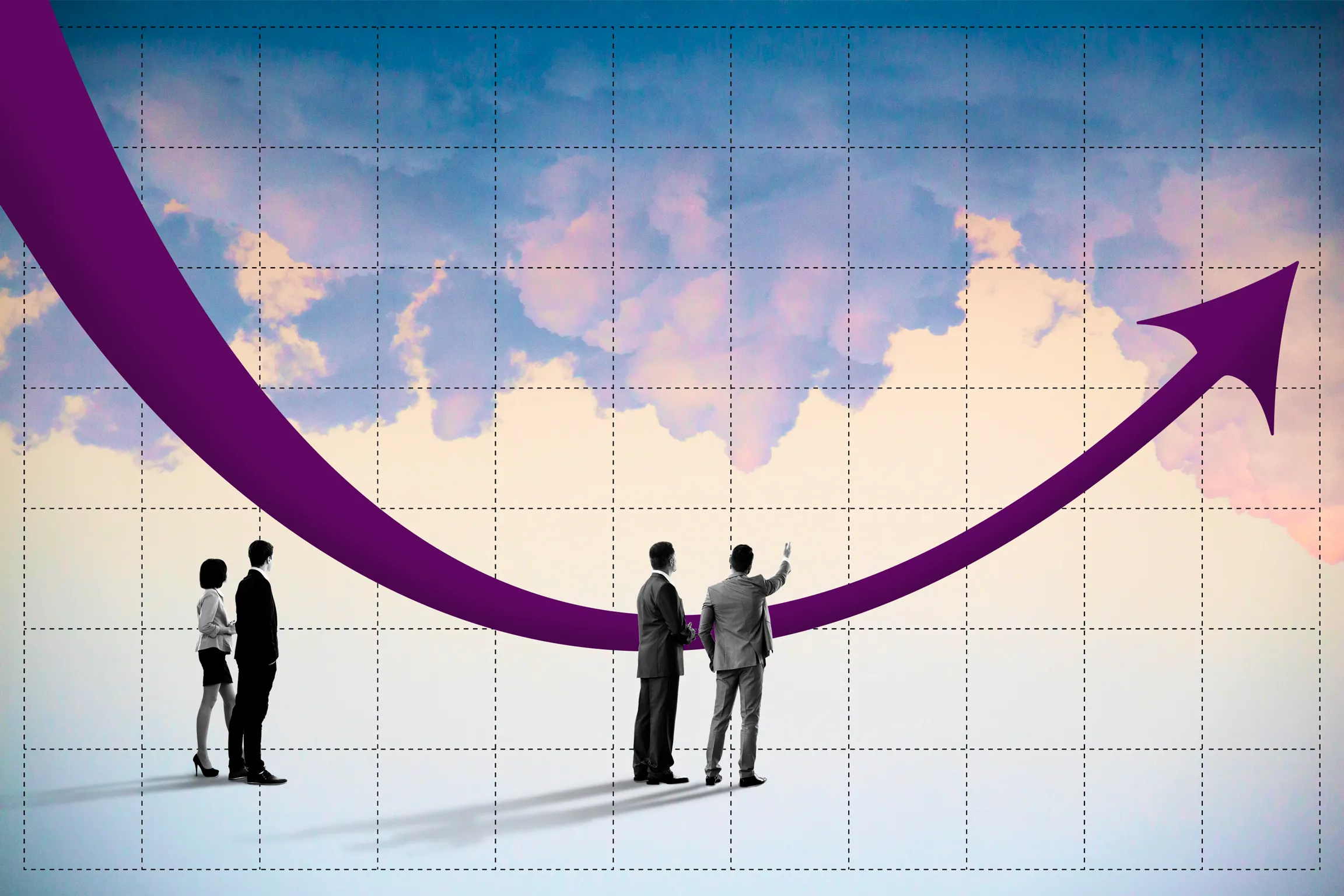Stock Market Today: A Rise In Bond Yields And An Extension Of Stock Market Gains
Wednesday's strong performance led to a rise in U.S. stocks Thursday morning.
During the trading session around 12:15 p.m. ET, the S&P 500 saw an increase of 0.4% while the Dow Jones Industrial Average remained flat while the Nasdaq Composite climbed 0.6%.
Two-year yields rose to 4.1% on the front end of the yield curve. The dollar index dropped to $102 as bond yields were mixed. The yield on the benchmark 10-year U.S. Treasury note ticked down to 3.56%.
Trading bets that the banking fallout has been pushed back into the rearview mirror have led the VIX to drop below 20, indicating volatility has stabilized.
In Wednesday's closing price, the S&P 500 rose 1.4% over its previous high before Silicon Valley Bank's collapse. Gold and oil moved lower, while real estate and tech performed best. Taking into account only companies excluding financial services, Treasury yields were mixed.
As a result of Intel's announcement that new server chips will be available sooner than expected, its stock was the biggest gainer, rising more than 7%. In the early hours of Thursday, shares gained another 2.5%.
Additionally, Federal Reserve head Michael Barr reiterated Wednesday that the central bank will remain steadfast in its "meeting-by-meeting assessment of interest rates" and will continue to review incoming data. Market participants have little changed their expectations for a rate hike in May due to Chairman Jerome Powell's recent remarks.
The Federal Deposit Insurance Corporation (FDIC) has also been attracting Wall Street's attention recently. In response to Silicon Valley Bank and Signature Bank's $23 billion costs, the FDIC may consider increasing fees paid by larger banks to strengthen its bank rescue fund.
As a result of the recent banking turmoil, Boston Federal Reserve President Susan Collins called for another 0.25% interest rate hike at the NABE Economic Policy Conference on Thursday. In addition, Richmond Fed President Thomas Barkin approved an increase of 0.25% in interest rates. The Federal Open Market Committee (FOMC), which decides on changes to monetary policy, does not include Collins and Barkin as voting members.
Neel Kashkari will speak this afternoon at the Minneapolis Federal Reserve.
There were 198,000 unemployment claims filed in the week ending March 25, an increase of 7,000 from the week prior. The American economy expanded at a 2.6% annualized rate in the fourth quarter of 2022, which was slightly lower than the 2.7% increase earlier reported.
As a result of the slight downward revision to Q4 GDP, Oxford Economics' Lead U.S. Economist Oren Klachkin noted after the report was released that "the economy ended 2022 with marginally less momentum."
A tighter credit environment and Fed policy are expected to affect the economy this year, as well as keep inflation above its historical level. According to the economist, tighter lending standards and a reduction in credit availability are likely to affect the economy primarily because of recent banking sector turmoil.

Subscribe to our newsletter!
As a leading independent research provider, TradeAlgo keeps you connected from anywhere.








